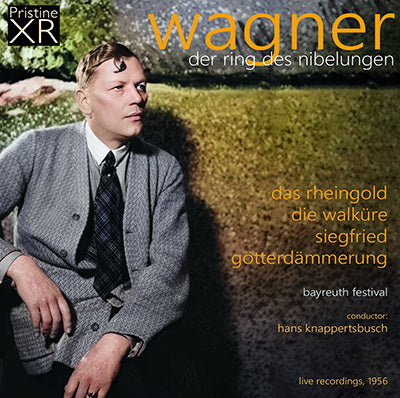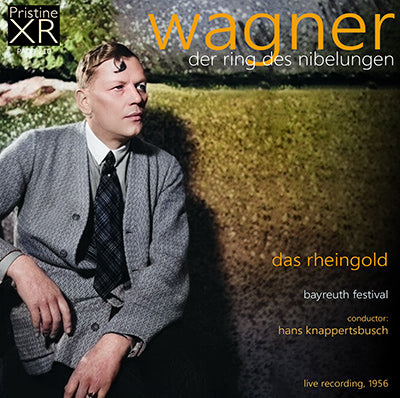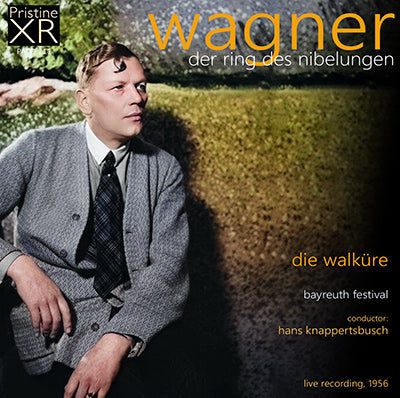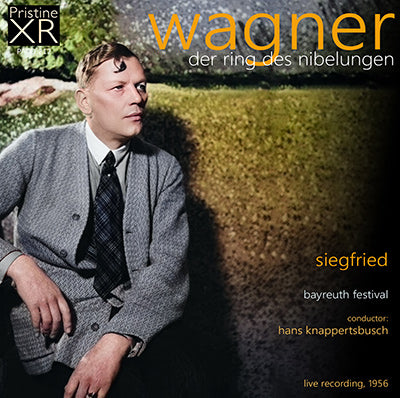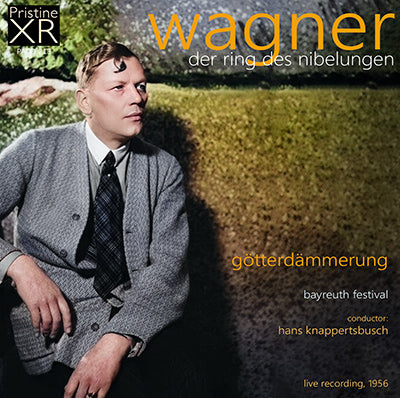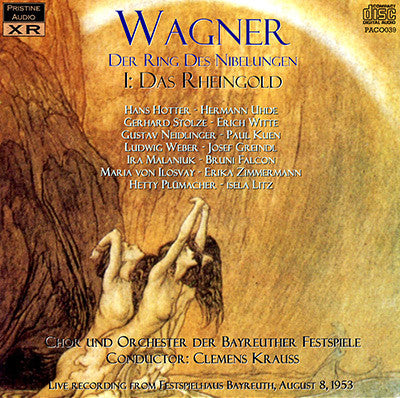Wagner
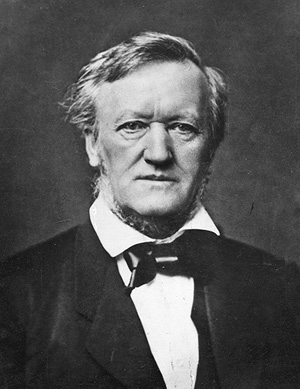
His compositions, particularly those of his later period, are notable for their complex textures, rich harmonies and orchestration, and the elaborate use of leitmotifs—musical phrases associated with individual characters, places, ideas, or plot elements. His advances in musical language, such as extreme chromaticism and quickly shifting tonal centres, greatly influenced the development of classical music. His Tristan und Isolde is sometimes described as marking the start of modern music.
Wagner had his own opera house built, the Bayreuth Festspielhaus, which embodied many novel design features. The Ring and Parsifal were premiered here and his most important stage works continue to be performed at the annual Bayreuth Festival, run by his descendants. His thoughts on the relative contributions of music and drama in opera were to change again, and he reintroduced some traditional forms into his last few stage works, including Die Meistersinger von Nürnberg (The Mastersingers of Nuremberg).
Until his final years, Wagner's life was characterised by political exile, turbulent love affairs, poverty and repeated flight from his creditors. His controversial writings on music, drama and politics have attracted extensive comment, notably, since the late 20th century, where they express antisemitic sentiments. The effect of his ideas can be traced in many of the arts throughout the 20th century; his influence spread beyond composition into conducting, philosophy, literature, the visual arts and theatre.

Wagner
WAGNER Der Ring des Nibelungen
1. Das Rheingold
2. Die Walküre
3. Siegfried
4. Götterdämmerung
Live performances, Bayreuth Festival, 1956
Bayreuth Festival Chorus and Orchestra
conducted by Hans Knappertsbusch
Get 13 discs for the price of 12 when you buy the complete Ring set
WAGNER Das Rheingold
Live performance, 1956
Total duration: 2hr 37:32
Wotan - Hans Hotter
Alberich - Gustav Neidlinger
Mime - Paul Kuen
Fasolt - Josef Greindl
Fricka - Georgine von Milinkovic
Bayreuth Festival Chorus and Orchestra
conducted by Hans Knappertsbusch
WAGNER Die Walküre
Live performance, 1956
Total duration: 3hr 50:30
Siegmund - Wolfgang Windgassen
Sieglinde - Gré Brouwenstijn
Wotan - Hans Hotter
Brünnhilde - Astrid Varnay
Hunding - Josef Greindl
conducted by Hans Knappertsbusch
WAGNER Siegfried
Live performance, 1956
Total duration: 4hr 10:55
Siegfried - Wolfgang Windgassen
Mime - Paul Kuen
Brünnhilde - Astrid Varnay
Wanderer - Hans Hotter
Alberich - Gustav Neidlinger
Bayreuth Festival Chorus and Orchestra
conducted by Hans Knappertsbusch
WAGNER Götterdämmerung
Live performance, 1956
Total duration: 4hr 33:28
Brünnhilde - Astrid Varnay
Siegfried - Wolfgang Windgassen
Hagen - Josef Greindl
Alberich - Gustav Neidlinger
Gunther - Hermann Uhde
Gutrune - Gré Brouwenstijn
Bayreuth Festival Chorus and Orchestra
conducted by Hans Knappertsbusch
WAGNER Der Ring Des Nibelungen: 1. Das Rheingold
WAGNER Der Ring Des Nibelungen: 2. Die Walküre
WAGNER Der Ring Des Nibelungen: 3. Siegfried
WAGNER Der Ring Des Nibelungen: 4. Götterdämmerung
WAGNER Parsifal
Recorded in 1953
conducted by Clemens Krauss
Bayreuth Festival Orchestra & Chorus
Save 5% when you purchase the complete Ring & Parsifal

